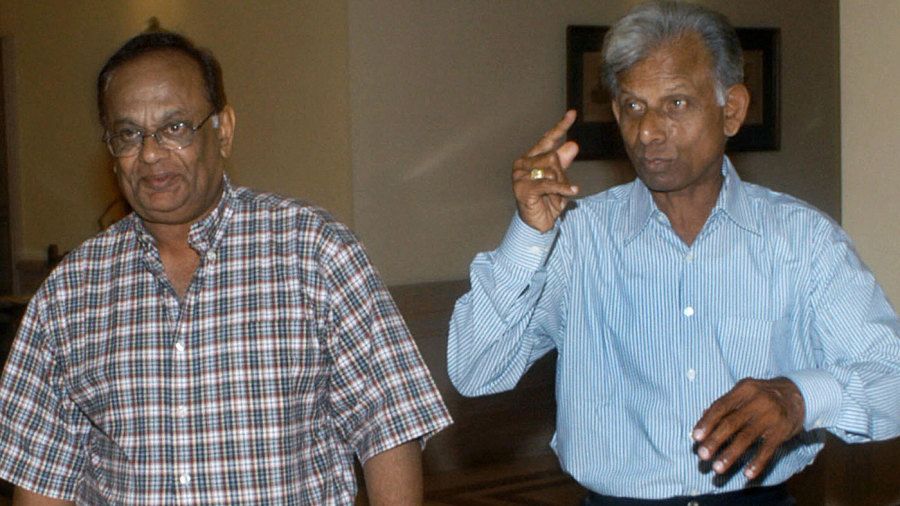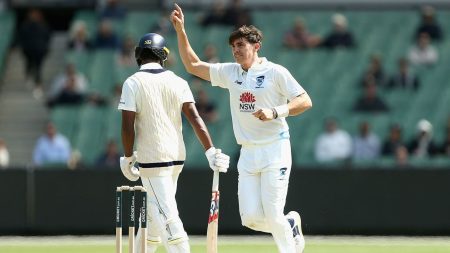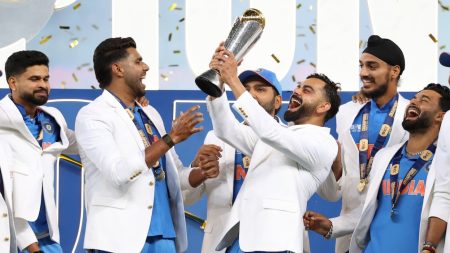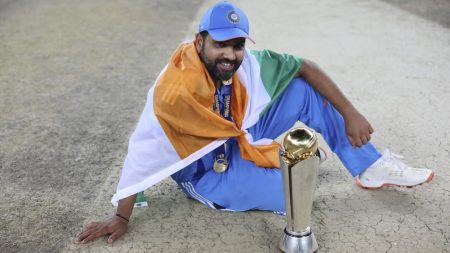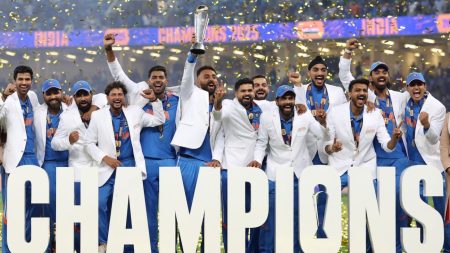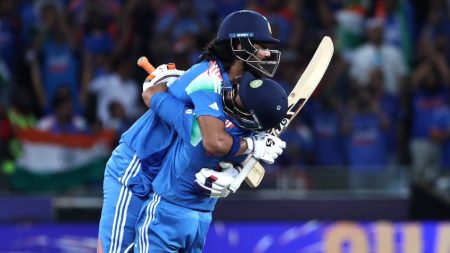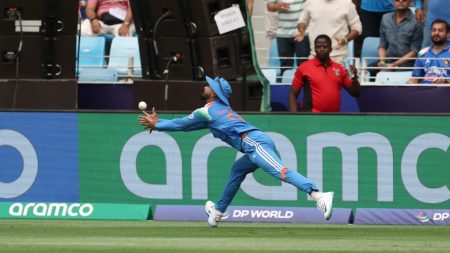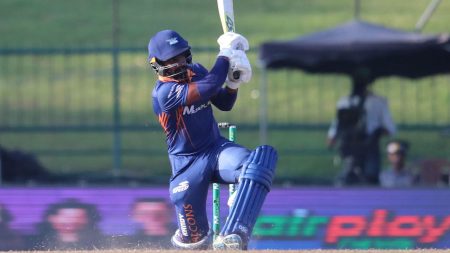A Legacy of Unfulfilled Potential: Padmakar Shivalkar (1938-2023)
Padmakar Shivalkar, a name that echoes through the annals of Indian cricket, passed away on Monday at the age of 84 in Mumbai. He leaves behind a legacy of skill and dedication, often overshadowed by the concurrent dominance of Bishan Bedi. Shivalkar’s career, though filled with accolades and admiration, never saw him don the Indian national jersey, a fact that has left many in the cricketing community with a profound sense of what might have been.
The coerce of Coincidence: Shivalkar and Rajinder Goel
Shivalkar’s career is often mentioned in the same breath as that of Rajinder Goel, another left-arm spinner who, like Shivalkar, never got a chance to represent India. The unfortunate coincidence of their brilliant careers coinciding with Bishan Bedi’s supreme reign meant that both Shivalkar and Goel were often overlooked by selectors. Sunil Gavaskar, a contemporary and former captain of the Indian team, lamented this fact in a poignant reflection. "One of the regrets I have is that, as the then captain of the Indian team, I could not convince my fellow selectors to pick Goel Saab and Paddy to play for India," Gavaskar said. "They were born in the same era as the greatest left-arm bowler I have seen, Mr. Bishan Singh Bedi. Else they too would have played plenty of Tests for India."
Dominance and Dedication: Shivalkar’s Ranji Trophy Career
Shivalkar’s career with Bombay (now Mumbai) in the Ranji Trophy is a testament to his skill and dedication. He was an integral part of the team during its most dominant period, featuring in 10 of Bombay’s victorious campaigns from 1965-66 to 1976-77. During this era, Bombay won the title in every season except one, and Shivalkar’s contributions were invaluable. His remarkable comeback at the age of 47, playing two matches in the 1987-88 season, further underscores his enduring talent and passion for the game.
A Career of Exceptional Achievements
Shivalkar’s first-class debut came in April 1962, when he was selected to play for the Cricket Club of India President’s XI against an International XI on a world tour. The opposition included cricketing legends such as Bob Simpson, Tom Graveney, Colin Cowdrey, Everton Weekes, Richie Benaud, and Sonny Ramadhin. Despite the formidable lineup, Shivalkar took 5 for 129 and 2 for 44 in a drawn game, setting the stage for a promising career. Over his 124 first-class matches, he took 589 wickets at an average of 19.69. In the Ranji Trophy, he claimed 361 wickets, a record that no other Mumbai bowler has surpassed. His best performance came in the 1972-73 final against Tamil Nadu, where he took 8 for 16, helping Bombay win in just two days and one ball on a vicious Chepauk turner.
The Art of Spin: Shivalkar’s Bowling Style
V. Ramnarayan, a fellow spinner from the 1970s who never played for India, provided a vivid description of Shivalkar’s bowling style. "Quite possibly the best attribute of their cricket was their utter dependability. With them in the side, their captains only had to worry about their supporting bowlers," Ramnarayan wrote. "Both were tireless, with their smooth actions demanding the minimum of effort— or so it seemed. Yet it was their unstinting work in the nets that made their seeming effortlessness in match situations possible." Shivalkar’s use of flight and subtle variations made him particularly effective on good wickets, while Goel was more destructive on crumbling surfaces. Shivalkar’s favorite mode of dismissal, he revealed, was getting batsmen stumped. "I used to enjoy getting the batsman stumped," he told The Cricket Monthly in 2017. "With my command over the loop, batsmen would step out of the crease and get trapped, beaten, and stumped."
A Legacy of Inspiration and Respect
Padmakar Shivalkar’s legacy is one of inspiration and respect. Despite the injustice of never representing India, he remained a beloved figure in Indian cricket, known for his unassuming demeanor and exceptional skill. His contributions to Bombay’s cricketing history and the admiration he garnered from his peers and fans alike stand as a testament to his greatness. Shivalkar’s story serves as a reminder of the many talented cricketers whose careers were shaped by the coincidences of time and circumstance, and the unwavering dedication they displayed in the face of such challenges. His passing is a significant loss to the cricketing world, but his legacy will continue to inspire generations to come.

